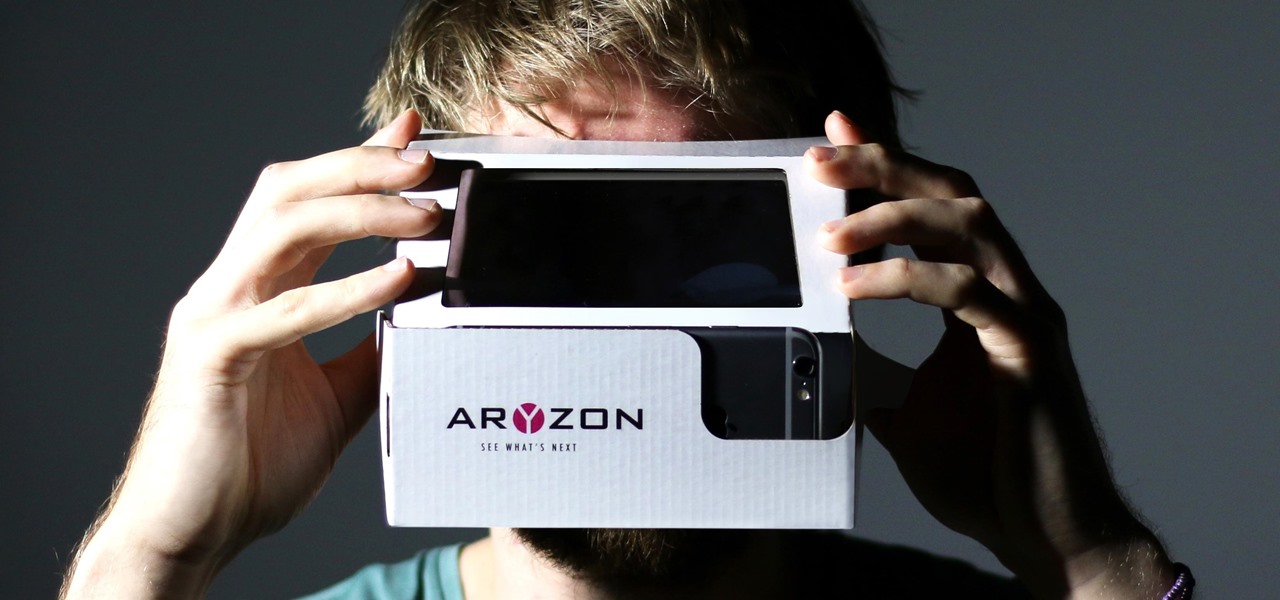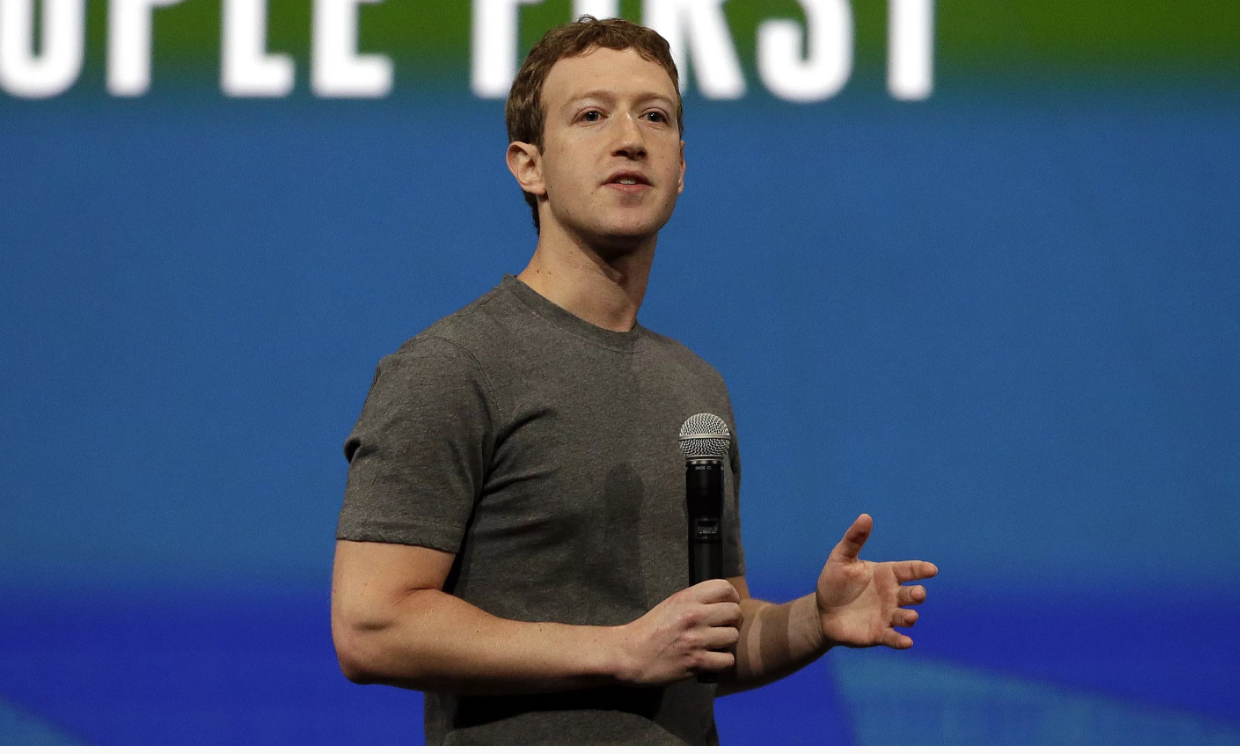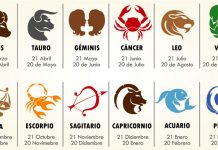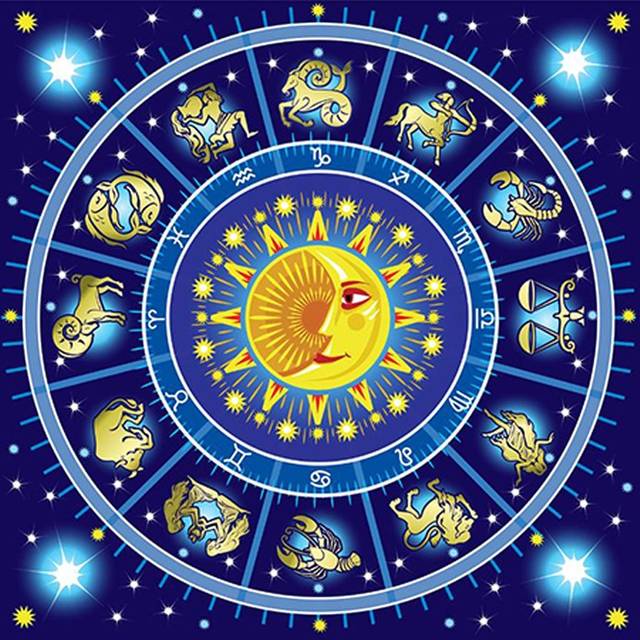By
A 12-year-old girl in Cheshire County, England, has scored 162 on an IQ test, putting her in the top 99.998 percentile of test takers.
So what does it mean to be that bright?
IQ, or intelligence quotient, is a score of mental ability relative to one’s peers of the same age. IQ scores are normalized so that 100 is average. About two-thirds of the population scores within 16 points of 100 in either direction, so between about 84 and 116, said Robert McCall, a psychologist at the University of Pittsburgh’s Office of Child Development. Roughly 2.5 percent of the population scores above 130, McCall told Live Science, though the precise numbers depend on the exact test taken.
What is an IQ score?
Rajgauri Pawar achieved her high score on British Mensa’s IQ test. Mensa is an organization for people who score within the top 2 percent of the population on IQ tests. Pawar’s score easily qualified her for admission.
Many news organizations led Pawar’s story by saying she scored higher than Albert Einstein or cosmologist Stephen Hawking. Those comparisons are flawed, however, because IQ tests are limited to comparisons within age groups. A 5-year-old who scores a 130 on a youth IQ test is in approximately the top 2.5 percent of 5-year-olds, and a 45-year-old who scores a 130 on an adult IQ test is in approximately the top 2.5 percent of all adults, but there is no absolute measure of intelligence that can compare a 5-year-old’s intelligence with a 45-year-old’s.
For most people, IQ remains relatively stable, McCall said, but for some people, it can change “very substantially” over time.
“It is not necessarily fixed,” he said. “It depends on your experience, the environment in which you live, your parents and other significant others, and how they interact with you, your opportunities.”
Intelligence and success
IQ is predictive of success in school and, to a lesser extent, success in the work world, McCall said. That’s not because it measures every sort of intelligence in a purely objective way, he said, but because the test is biased in the same ways that school and work are biased: They tend to reward verbal abstract thinking and a particular range of knowledge.
“The bias is in the whole system,” McCall said.
But even so, IQ does not cover every type of intelligence or competence, and IQ test scores are not perfectly predictive of success in various areas of a person’s life.
“There are lots of people who succeed who don’t have a particularly high IQ, and there are lots of people with high IQ who don’t particularly succeed,” said Robert Sternberg, a professor of human development at Cornell University. Success depends on a variety of factors, including emotional stability, motivation and common sense, he said.
Because of IQ’s limitations, it has attracted its share of detractors, and its prominence in psychology and education has decreased. Schools rarely give IQ tests as a matter of course, Sternberg told Live Science, and even admittance to gifted programs typically requires consideration of a student’s grades and talents, with IQ as one potential factor to take into account.
Some researchers — including Jack Naglieri, a professor at the University of Virginia and a senior research scientist at the Devereux Center for Resilient Children — have called for IQ to be scrapped.
“These intelligence tests that we have used, especially the Mensa ones, measure more knowledge than raw intelligence based upon brain function,” Naglieri told Live Science. “To me, it’s a misleading indicator.”
Pawar is no doubt very smart, Naglieri said, but she was also able to succeed on a Mensa-style IQ test because she has a lot of knowledge, particularly in vocabulary and math. He and his colleagues have developed a “cognitive assessment system,” which tests people on problems that are not knowledge-based but that also require cognitive ability. The idea is to test things such as how well a person can summon attentional resources or reason through problems, rather than how much math or vocabulary experience they’ve had.
“Somebody can be smart and not knowledgeable,” Naglieri said.
Original article on Live Science.














































